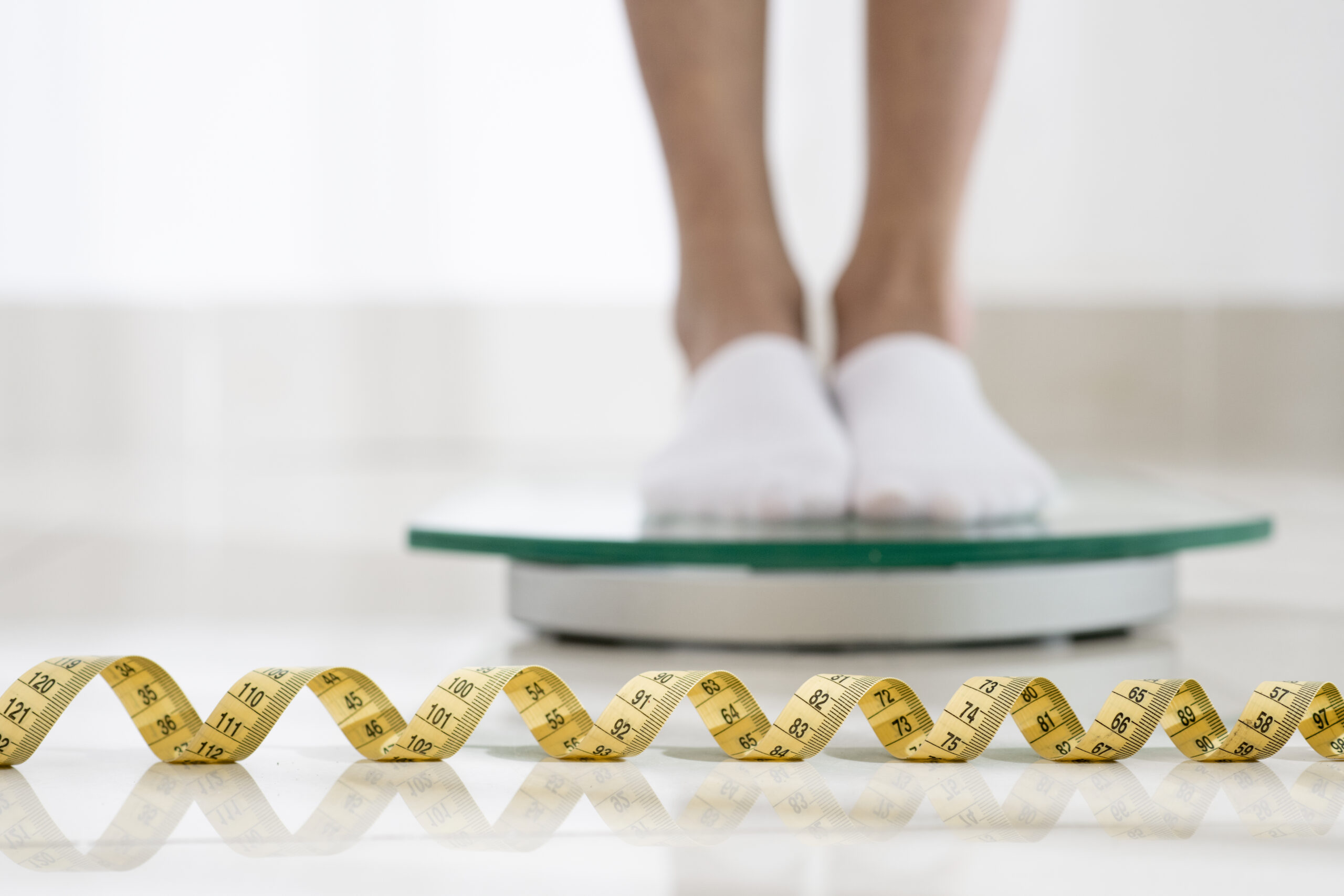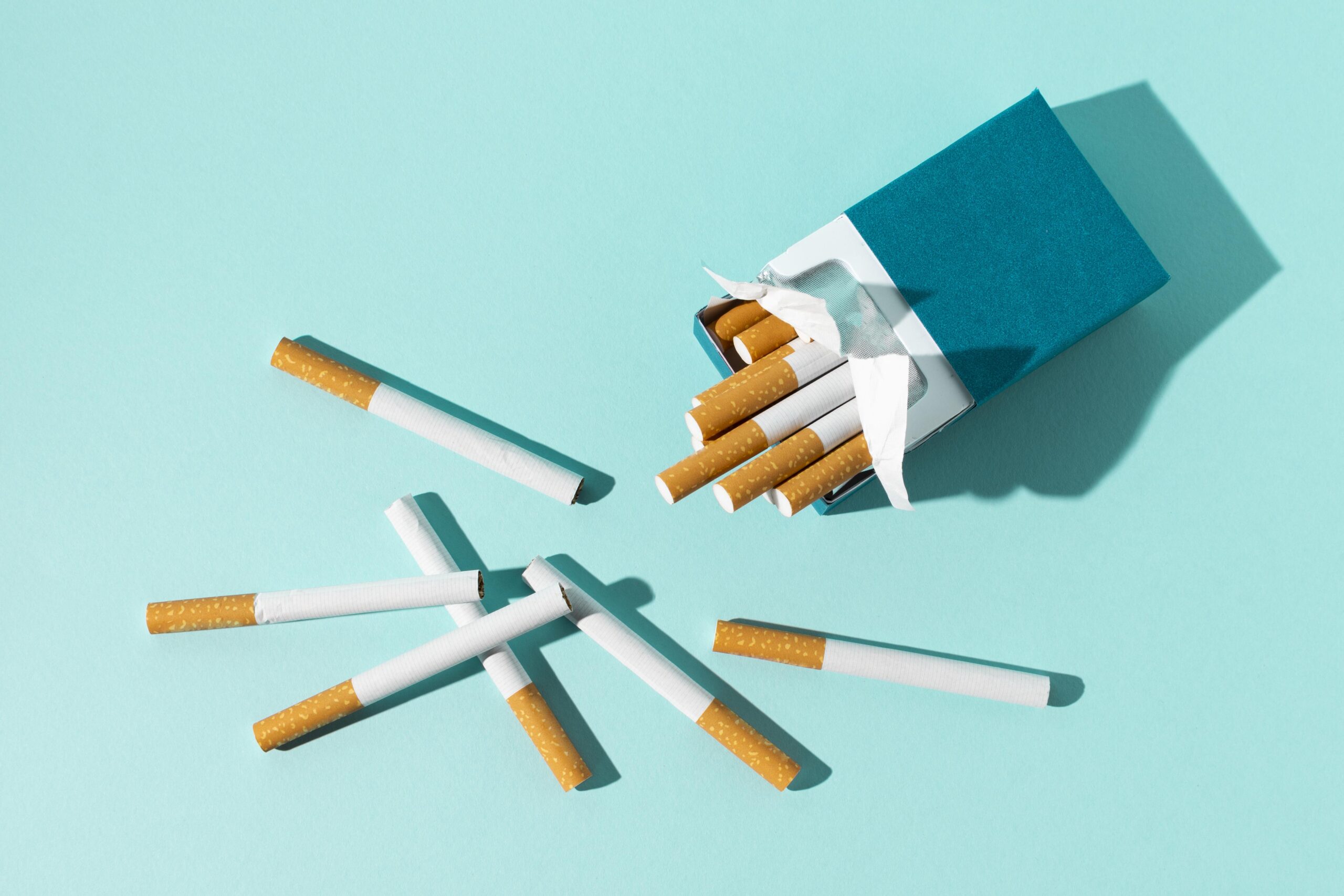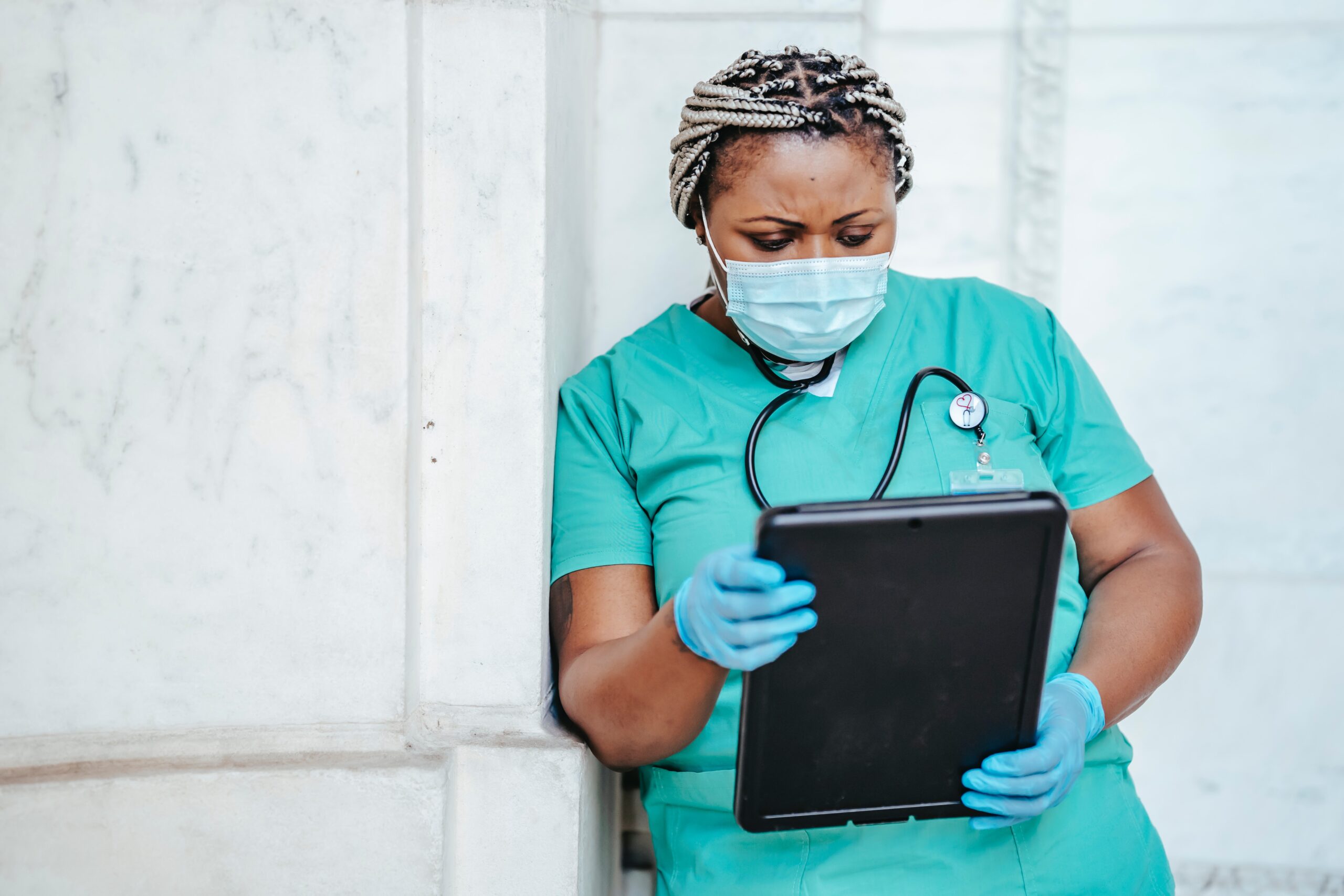Reduce your Cancer Risks
What is Cancer?
Cancer is a disease in which some of the body’s cells grow uncontrollably and spread to other areas. Under normal circumstances, human cells grow and multiply at a rate that replaces old or damaged cells that have died. When this orderly process breaks down and abnormal cells multiply instead of being destroyed by the body, cancer develops.
What Causes Cancer?
Cancer can be caused by both genetic and lifestyle factors, although the degree of cancer attributable to lifestyle is generally greatly underestimated. Scientists estimate that as much as 90-95% of cancer diagnoses are related to behavior. Of all the deaths in the United States, about 23% are a result of cancer.
Can Cancer be Prevented?
In many cases, yes! There are numerous changes you can make to ensure your body is in the best position possible to defend against cancer. In this pamphlet, we will share several ways you can reduce your risk of developing it.
Risk Factors
Excess Weight

Being overweight is closely associated with many kinds of cancer. When someone is overweight, immune cells are drawn to the areas of the body with a lot of fat cells. This can lead to inflammation, which causes cells to divide more rapidly. Too much body fat can cause growth and sex hormone levels to rise, which signal cells to divide more often, increasing cancer risk. What you can do: Aim to eat a healthy diet with a variety of fruits, vegetables, lean proteins, whole grains, and healthy fats. Avoid refined grains, fatty meats, and foods with excessive added sugar. Avoid a sedentary lifestyle and aim to be active a little bit every day. Incorporate a balance of cardio and muscle-building exercise, and pick activities you enjoy that get you moving.
Smoking

Cigarette smokers are 15 to 30 times more likely to develop lung cancer than non-smokers, and are also at a greater risk for other cancers. Cigarettes contain more than 70,000 different chemicals, and more than 70 of them are known to be carcinogenic. These carcinogenic chemicals damage the cells that come into direct contact with the smoke. Both cigarettes and E-cigarettes cause damage to cell DNA. What you can do: If you aren’t a smoker, don’t start. Turn down cigarettes that are offered to you, and distance yourself when someone is smoking to reduce secondhand exposure. If you do smoke, it’s never too late to experience the benefits of quitting! Talk to your doctor about what options might be best for you.
Alcohol

The ethanol found in alcohol damages cell DNA and stops cells from repairing themselves. It also reduces the body’s ability to absorb nutrients from food, which can reduce the amount of cancer-preventing antioxidants that can be gained from a healthy diet. Consumption of as few as 3 to 6 units of alcohol per week can increase the risk of developing cancer. What you can do: Eliminate habitual drinking, and save alcohol for special occasions. The less you drink, the smaller your chance of developing cancer and other associated health risks.
Sun Exposure

Too much UV radiation from the sun or tanning beds can damage the DNA in our skin cells. DNA tells our cells how to function. If enough DNA damage builds up over time, it can cause cells to start growing out of control, which leads to skin cancer. What you can do: Regular daily use of broad spectrum SPF 15 sunscreen can reduce the risk of developing skin cancer by up to 50%. For the warmer months, use a sunscreen with SPF 30+ and practice other sun safety measures, such as seeking out shade and wearing UPF clothing. People of all skin tones are vulnerable to skin cancer and should take precautions in the sun.
Infection

How it puts you at risk: Infection from certain viruses can disrupt cell signaling that normally keep cell growth and proliferation in check. Hepatitis B and C increase the risk of developing liver cancer, and Human Papillomavirus (HPV) increases the risk of cervical cancer. Other infections (like colds and bacterial infections) increase inflammation, which lowers the immune system’s ability to fight abnormal cell growth. What you can do: You can lower your risk of infection by getting vaccinated, not having unprotected sex, and not sharing needles. Get regular checkups with your doctor, especially if you think you may have been exposed. Wash your hands thoroughly after being out in public, and stay home if you have a cold.